Russia escapes blanket ban
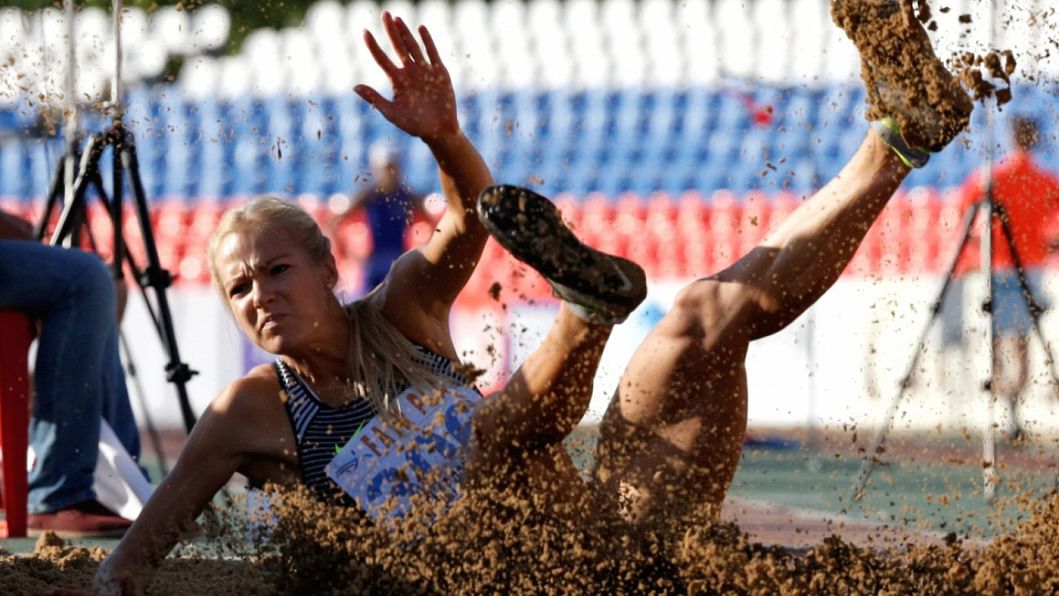
The International Olympic Committee on Sunday ordered individual sports federations to decide whether Russian competitors should take part in the Rio Games after failing to agree on a complete ban over Russia's state-run doping.
The IOC executive decided that any Russian athlete wanting to go to Rio, where the Games start on August 5, will have to prove that he or she was not involved in the doping which an independent investigator said was organised by the sports ministry and Russian secret service.
| IOC DECISION |
| The IOC will not accept any entry of any Russian athlete in the Olympic Games Rio 2016 unless such athlete can meet the conditions set out below. |
| Entry will be accepted by the IOC only if an athlete is able to provide evidence to the full satisfaction of his or her International Federation (IF) in relation to the following criteria: |
| The ROC is not allowed to enter any athlete for the Olympic Games Rio 2016 who has ever been sanctioned for doping, even if he or she has served the sanction. |
| The IOC will accept an entry by the ROC only if the athlete's IF is satisfied that the evidence provided meets conditions 2 and 3 above and if it is upheld by an expert from the CAS list of arbitrators appointed by an ICAS Member, independent from any sports organisation involved in the Olympic Games Rio 2016. |
| The entry of any Russian athlete ultimately accepted by the IOC will be subject to a rigorous additional out-of-competition testing programme in coordination with the relevant IF and WADA. Any non-availability for this programme will lead to the immediate withdrawal of the accreditation by the IOC. |
"We have set the bar to the limit," IOC president Thomas Bach said after the meeting in defending the action against the worst doping scandal in the Olympic movement's history.
The IOC had faced widespread pressure for tough action against Russia, which denied any state role in the doping. But many IOC members were said to be reluctant to ban a country completely for the first time over doping.
"Under these exceptional circumstances, Russian athletes in any of the 28 Olympic summer sports have to assume the consequences of what amounts to a collective responsibility in order to protect the credibility of the Olympic competitions," said the IOC.
It insisted that "the 'presumption of innocence' cannot be applied to them."
But the Olympic leaders said "each affected athlete must be given the opportunity to rebut the applicability of collective responsibility in his or her individual case."
Russia hailed the "objective" decision by the IOC not to ban its entire team.
"It was objective and taken in the interests of world sport and the unity of the Olympic family. We are grateful to the IOC for such a decision," sports minister Vitaly Mutko told R-Sport news agency.
He added later in televised comments that he was convinced that the "majority" of the Russian team would meet criteria to compete.
The IOC said Russian athletes will have to satisfy the 28 federations who run the summer Olympic sports that they are clean. The conditions include:
That "the absence of a positive national anti-doping test cannot be considered sufficient" by the federations.
Federations will have to carry out an individual analysis of each athlete's anti-doping record "taking into account only reliable adequate international tests, and the specificities of the athlete's sport and its rules".
No competitor or national federation named in the report issued last week by Canadian lawyer Richard McLaren for the World Anti-Doping Agency (WADA) can be considered. About 20 different summer Olympic sports were accused in the report.
The report said Russia's sports ministry directed a vast doping programme with support from state intelligence agency that saw thousands of tainted urine samples destroyed or swapped for clean ones.
The cheating went on during the 2014 Sochi Games and other events, including the 2013 world athletics championship in Moscow.




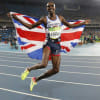
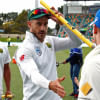
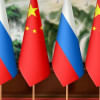
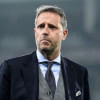


Comments